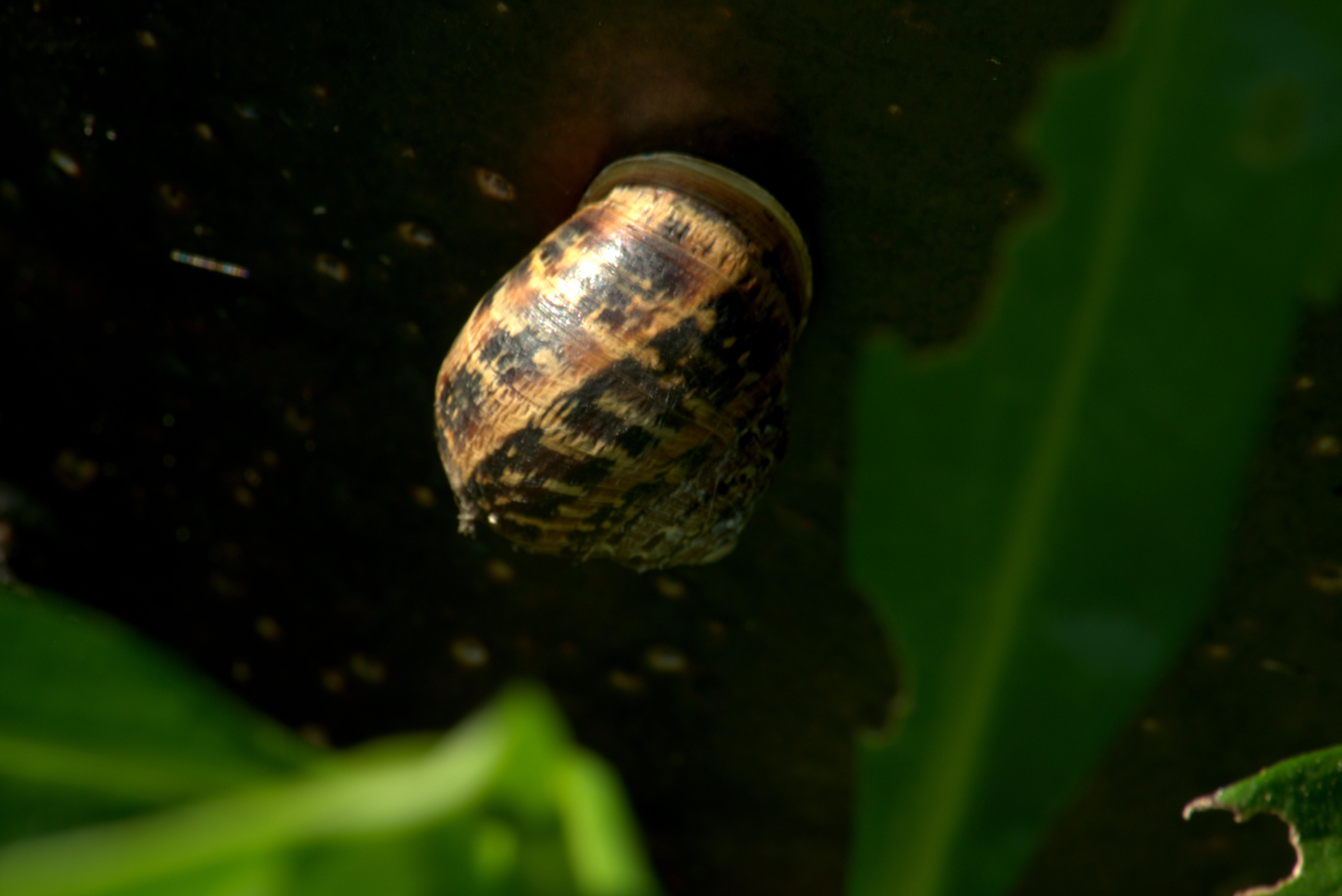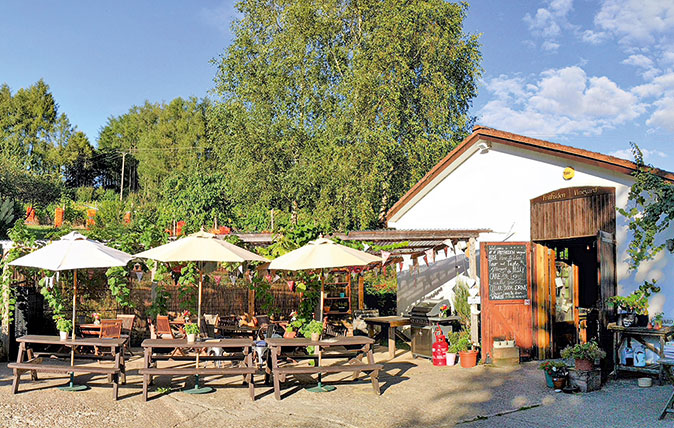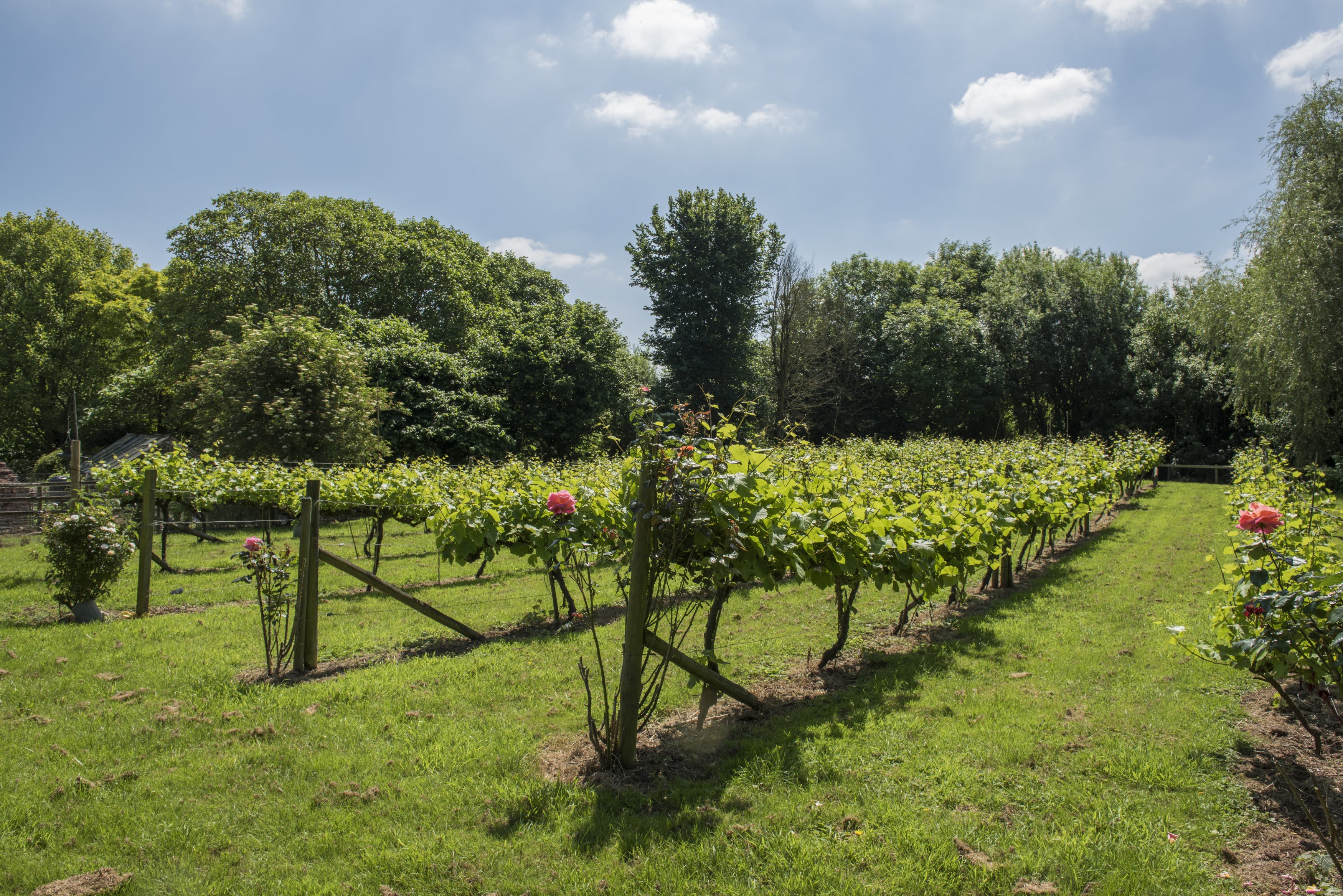Why snail farming is sweeping across the countryside
More and more people are looking at heliculture as a way to switch careers into agriculture, but snail farming is not for everyone.


There’s a new trend in the country. Growing numbers of people are leaving their careers behind to take up snail farming.
For those wanting to move to the countryside, the advantage of heliciculture — aside from its Scrabble value — is that it’s a relatively quick business to set up, requires little land compared to most agricultural activities and has a low environmental impact. Capital and running costs are also relatively contained — for example, an early study by Scotland’s Rural College estimated that just one person working full-time could raise 200,000 snails.
Surprisingly, the gastropods also offer a large number of commercial opportunities: escargot meat and eggs are prized by the food industry, while slime goes into cosmetics and pharmaceutical products. Wimborne-based company DorsetSnails, for example, sells edible escargots and caviar to chefs, and oven-ready snails to the public. The cost is at £8.99 for a pack of 12.
Among the many who made the switch to heliciculture is Lyn Paxman, who used to work in the dental industry before becoming a leadership trainer and escargot farmer. Lyn lives in Wellington, south-west of Taunton, and intends to turn her small Somerset farm into the UK’s ‘snail central’. She's got a little way to go: currently she's raising 2,000 gastropods at Somerset Escargot but plans to expand her operations to 300,000 by next year.
She told the BBC that she breeds snail in a room that mimics spring conditions, then releases them into enclosures that are bound by electric fences to prevent the animals escaping and moving across the surrounding countryside.
Escargot meat, she explains on her Instagram account, is high in protein, low in fat and carbohydrates and has a low carbon footprint, ‘taking up 45 times less land than lamb to produce the equivalent amount of protein per kilo. Fantastically nutritious, delicious and sustainable.’
Business sounds good. Lyn currently delivers some of her ‘crop’ to restaurants in Devon, and she is considering launching a snail school to help other people that may want to step into the business.
Exquisite houses, the beauty of Nature, and how to get the most from your life, straight to your inbox.
However, heliciculture is not for everyone. Before packing up your day job to breed snails, you need to ask yourself how much you enjoy living life on the edge because, according to Scotland’s Rural College, ‘this is a rather risky enterprise. Most people who set up in the 1990s are now no longer in business.’

Credit: House with vineyard and winery
A lovely country house that comes with its own vineyard and winery
Why merely move out to the country when an entire change of lifestyle could be yours for the same price?

Credit: Strutt & Parker
A pair of English vineyards for sale which offer the dream of a new life in the country
For the price of a fairly modest townhouse, these delightful houses with vineyards attached are far more than just country
Carla must be the only Italian that finds the English weather more congenial than her native country’s sunshine. An antique herself, she became Country Life’s Arts & Antiques editor in 2023 having previously covered, as a freelance journalist, heritage, conservation, history and property stories, for which she won a couple of awards. Her musical taste has never evolved past Puccini and she spends most of her time immersed in any century before the 20th.

